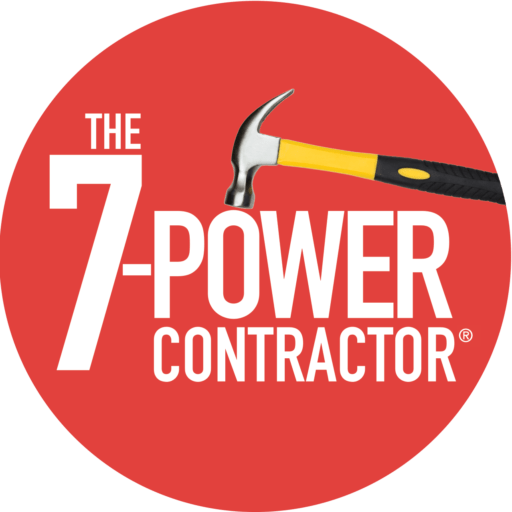Commitment to getting better is great, but soliciting advice from too many different consultants or sources of information hurts more than it helps.
Here’s the analogy I like to use to explain this:
Would you build your dream car with a Ford chassis, a Toyota engine, seats and interior by Volkswagen? No!
The car would probably blow itself apart or be some kind of a death trap. It makes no sense.
But, for some reason, too many owners seem to think it’s okay to take consulting advice for their business from articles online, business books they’ve read, and/or multiple consultants.
This works on the idea that all the pieces will somehow fit, but the reality is that’s not likely going to be the case. Much of the advice doesn’t take into account what size company you have today let alone where you want your company to grow to in the coming years. It doesn’t take into account the type of work you do and how you do it or the specific issues that may be hampering your business today and in the near future if not addressed.
One size doesn’t fit all. Neither does “off the shelf” advice from too many different sources help.
The best example of integration is how my CSR, Dispatcher, and Technician Manuals were written for my company years ago. We had a professional writer and industry friend help us run meetings that brought these three distinct roles and people together to discuss how each affects the other.
What we came to realize is that the way each one acts in a positive or a negative way affects the other two areas because they’re integrated.
So, if a CSR doesn’t build the sales momentum, capture all the information the right way, explain how the company operates, and avoids traps like giving ballpark pricing over the phone or, worse yet, offering a diagnosis (which happens all too often), I hate to say, things will go poorly.
If the Dispatcher doesn’t keep the customer in the loop as things progress or change throughout the day, customer satisfaction will suffer. They must work to maximize billable hours to make sure the right techs get to the right jobs and avoid pitfalls like excess windshield time, otherwise things will go badly. If the Dispatcher doesn’t get all the right information to the Tech the right way, things will go badly too.
If the Tech doesn’t get and review all the information they need to know before they get to the doorstep, it’s a call that’s off to a bad start. And if the Tech doesn’t keep the Dispatcher in the loop as to what they’ve found and what work they have been approved to do and approximately how long that will take, the Dispatching schedule is going to be messed up. If the Tech doesn’t close the call out the right way with the Dispatcher or let the Dispatcher know 10 to 15 minutes before they’re ready for their next call, efficiency will suffer.
I call this the Triangle of Communication. Any leg that is broken or changed affect the other two legs. Think of it as a relay race and the key is to hand off the baton the right way so it doesn’t get dropped.
What’s this got to do with too many sources of information?
Well, how about a CSR Manual written by someone and a Dispatcher Manuals written by someone else and a Tech Manual written by another person. It’s not going to work the way it should.
Too many consultants, business books, and online advice, although they may have good information, are coming from all different places, and it rarely works well together.
If you do take information from multiple sources, it’s critical that owners and managers already have a plan to systematize their business so they can view the information they’re taking in to see if it works with the plan they have. It takes a lot of filtering and using the right lens to view the incoming information and a ton of effort to mix and match advice from so many varying sources.
Funny thing is, this syndrome is common to both small and large companies. The way they get too much advice from too many different sources vary. Large companies tend to have money, so they hire multiple consultants and large affinity groups while small companies tend to rely on trade magazines, blogs, and local group associations for business advice and possibly some help in the way of getting systems into place.
“Money buys options,” as my good friend, Ellen Rohr, likes to say.
It’s true, but in some cases it can be misapplied. That’s why we both agree that a business plan is the first step to take, and that can be done a number of different ways.
In my opinion, if money is tight, Ellen’s “Weekend Biz Planner” is a great way to go. If you have the money and your company is ready for professional 1-to-1 help, look to hire a consultant with a track record and is a specialist in helping contractors like you.
One of my consulting clients told me that he hired me to help him because he had learned along the way, “There are two ways to learn. One is by making a bunch of mistakes and the other is by hiring Great Mentors to minimize or avoid mistakes altogether.”
